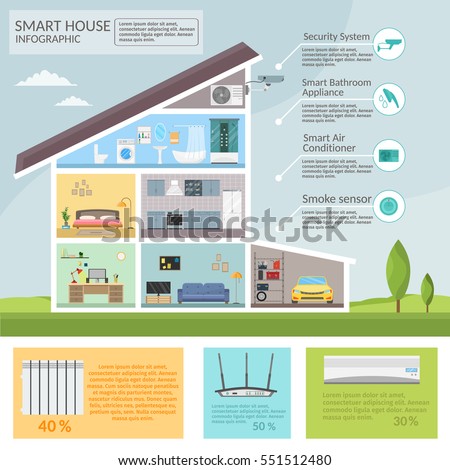The Impact Of Climate On Heat Pump Performance And Techniques For Enhancement
The Impact Of Climate On Heat Pump Performance And Techniques For Enhancement
Blog Article
Authored By-Creech Greve
When it concerns your heat pump, climate plays a crucial function in its performance. From freezing temperature levels to sweltering heat, each component can affect just how efficiently your system operates. But what can you do to battle these weather-related obstacles and ensure your heat pump is operating at its best? Remain tuned to discover sensible tips and approaches to maximize your heatpump's performance, regardless of the climate condition it faces.
Weather Condition Factors Influencing Heatpump Effectiveness
Climate aspects have a substantial effect on the performance of heatpump. One critical element is temperature. Heat pumps function by transferring warm from outside to inside throughout winter season and vice versa in summer. As temperatures decline, it comes to be harder for the heat pump to remove heat from the outdoors air, lowering its effectiveness.
An additional crucial element is moisture. High moisture degrees can make it extra difficult for the heatpump to launch warmth throughout the cooling procedure.
Furthermore, wind rate plays a role. Strong winds can dissipate the warmth taken in or launched by the heatpump, influencing its overall efficiency.
Tips for Optimizing Heat Pump Efficiency
To boost the performance and durability of your heat pump, applying a couple of vital strategies can make a considerable difference in its efficiency.
Firstly, make sure routine maintenance by cleansing or replacing filters every 1-3 months to avoid air movement clogs and maximize air flow. In addition, timetable annual specialist examinations to spot and resolve any potential problems beforehand.
Ideal thermostat setups additionally play an essential function. During the winter, aim for a temperature setting that's as reduced as comfortable, and during the summer, established it as high as comfy to minimize the workload on your heatpump. Using a programmable thermostat can help you automatically change setups based on your timetable.
Furthermore, securing leaks in ductwork and shielding air ducts in unconditioned spaces can prevent energy loss and boost total system efficiency.
Finally, think about setting up a smart thermostat that can discover your practices and readjust settings as necessary, more optimizing your heat pump's efficiency. By complying with these tips, you can guarantee your heatpump runs efficiently and effectively throughout the year.
Best Practices for Weatherproofing Your Heatpump
For optimal efficiency and efficiency of your heat pump, executing weatherproofing steps is necessary. Start by securing any kind of voids or splits around doors, windows, and ductwork to stop heat loss and maintain a consistent interior temperature level.
just click the next webpage revealed pipes and ducts to avoid cold during winter and make sure appropriate air flow. Consider setting up a protective cover over the outdoor device to secure it from severe weather condition aspects like snow, ice, and particles.
Frequently tidy the exterior unit to get rid of dust, leaves, and debris that can obstruct air flow and lower effectiveness. Furthermore, keep the location around the heat pump clear of snow, ice, and plant life to permit proper air flow.
Final thought
Now that you recognize just how weather condition influences your heat pump performance, you can take aggressive steps to optimize its efficiency. By following the pointers laid out in this post, such as regular maintenance, thermostat adjustments, and weatherproofing actions, you can make certain that your heat pump runs at its ideal despite the climate condition. Remain successful and maintain your home comfortable throughout the year.
